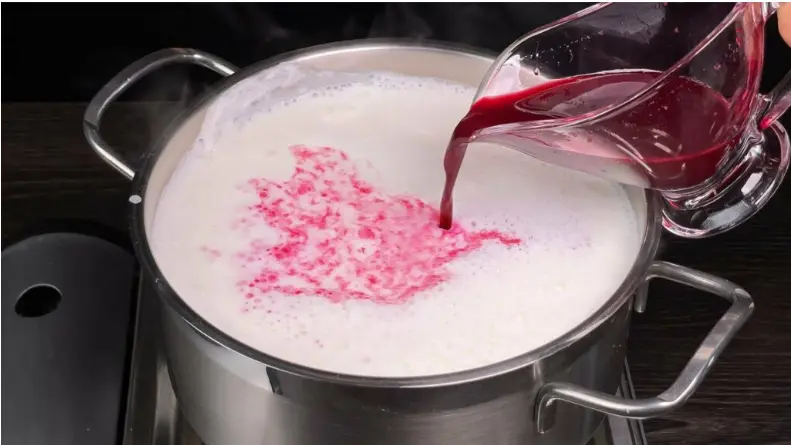Iron deficiency, often dismissed as inconsequential, is far from harmless. In fact, it’s a stealthy health issue that could be at the root of your fatigue or more severe health problems. Sadly, it’s frequently overlooked, even by medical professionals who are often focused on treating symptoms rather than addressing underlying causes.
The Prevalence of Iron Deficiency
Surprisingly, over 10% of adults in the USA suffer from iron deficiency, while a staggering 80% of the global population isn’t getting enough iron. This vital nutrient plays a crucial role in transporting oxygen in our blood, making it indispensable for our well-being.
Understanding Iron Deficiency
Iron deficiency occurs when the body doesn’t receive adequate iron, resulting in insufficient oxygen delivery to cells and leading to anemia. Anemia, characterized by a lack of red blood cells, can escalate into a serious condition if left untreated. Fortunately, it is both treatable and manageable if detected early.
Recognizing the Signs
Identifying low iron levels in the blood can be crucial. Here are some symptoms to look out for:
- Fatigue
- Insomnia
- Shortness of breath
- Changes in appetite or weight
- Persistent coughing
- Mood swings
- Dizziness
- Cold extremities
- Headaches
- Brittle nails
- Hormonal imbalances
- Irregular heartbeat
- Weak muscles
- Pale or yellowish skin
Don’t Underestimate the Symptoms
Ignoring these symptoms or attributing them to other causes could indicate iron deficiency. While some symptoms may seem manageable, others pose serious risks. For instance, dizziness could result in injury from a fall, and headaches can be debilitating. Weakness can hinder productivity and overall well-being.
Fortunately, addressing iron deficiency can alleviate these symptoms.
The Importance of a Blood Test
If you suspect low iron levels, a simple blood test can provide clarity. Regular monitoring helps catch deficiencies before they worsen into anemia.
Treating Iron Deficiency
Treatment for iron deficiency varies depending on severity:
Dietary Adjustments
Milder cases can often be resolved through dietary changes, incorporating iron-rich foods such as:
- Chickpeas
- Spinach
- Pumpkin seeds
- Grass-fed beef
- Lamb
- Molasses
Supplements
In more severe cases, supplements are recommended. Various supplements, derived from natural sources, offer optimal doses ranging between 150 and 200 mg per day. Consultation with a healthcare provider is essential to determine the best course of action based on age and severity of deficiency.
Conclusion: Take Iron Deficiency Seriously
Ignoring symptoms of iron deficiency can lead to anemia, an uncomfortable and potentially harmful condition. By taking proactive steps—like dietary adjustments, supplements, and regular monitoring—you can ensure your iron levels remain optimal, promoting overall health and well-being. Don’t underestimate the importance of addressing iron deficiency; your body will thank you for it.



